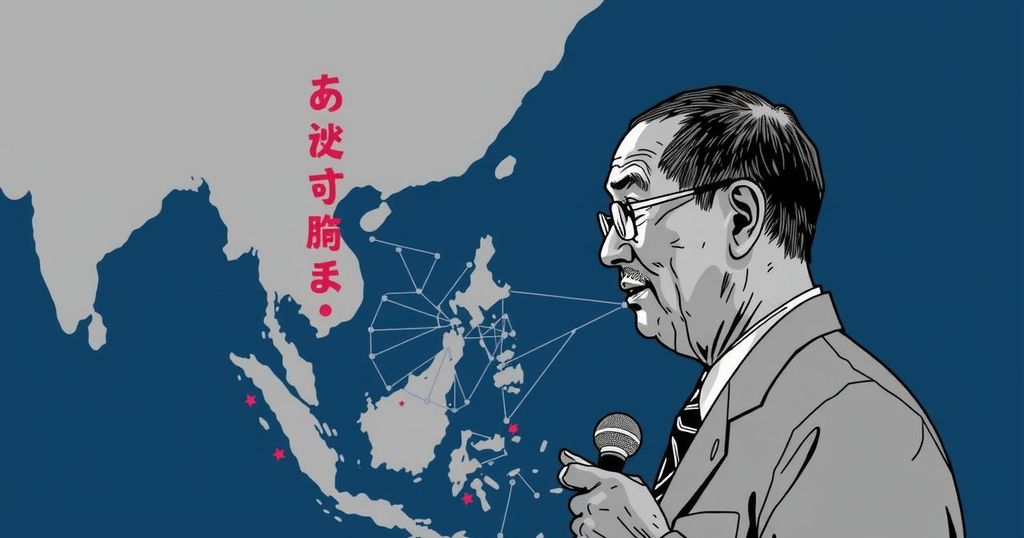Japan’s recent snap elections have highlighted rising voter dissatisfaction, leading to significant setbacks for the long-dominant Liberal Democratic Party (LDP) as it lost its majority. The election results reflect a deeper sentiment among citizens, particularly regarding economic stagnation and declining living standards, indicating a potential shift towards more extreme political factions. This could signal a chaotic transition within the previously stable democratic framework of Japan.
The recent snap parliamentary elections in Japan have served as a stark indication of deep-rooted dissatisfaction among voters, marking a significant change in the political landscape of one of Asia’s most stable democracies. The long-dominant Liberal Democratic Party (LDP), which has largely maintained control since the postwar period, faced a considerable setback as it lost its majority in the lower house of Parliament. Despite the rise of the Constitutional Democratic Party—the second leading party in this election, which is still considered centrist—there was a notable gain for more extreme factions on both ends of the political spectrum. This results from increasing frustration over stagnation and a perceived decline in living standards, especially among younger populations. Shigeru Ishiba, recently chosen as the LDP’s prime minister, attributed the party’s poor performance to ongoing political finance scandals, but analysts believe that the sentiments expressed by the electorate reflect a deeper and more pervasive sense of grievance. Kunihiko Miyake, a former diplomat now serving as a special adviser at the Canon Institute for Global Studies, encapsulated this sentiment, noting that “the last 30 years of stagnation and the deterioration of living standards, especially for young people—the frustration is there.” In summary, this election may mark a pivotal moment for Japan, transitioning a long-standing political stability into a period marked by increased competition and potential volatility, as voters continue to voice their demands for change and accountability.
Historically, Japan has enjoyed a reputation for political stability, particularly through the dominance of the Liberal Democratic Party (LDP). This party has governed for most of the postwar era, successfully navigating challenges that have toppled political systems in other countries. However, recent events indicate a shift, as the frustrations of the electorate, primarily rooted in economic stagnation and declining living conditions, have begun to surface dramatically. The recent elections highlighted these issues, suggesting that citizens are ready to turn to alternative political factions as dissatisfaction mounts against the status quo.
The outcome of the snap parliamentary elections signals a critical juncture in Japan’s political history. As the traditional governing party faces unprecedented challenges from both centrist and extremist factions, the electorate’s growing frustrations are likely to incite a demand for transformation in governance. The implications of these changes could redefine the nation’s political landscape, emphasizing the need for the LDP and other parties to respond effectively to the concerns of the Japanese populace.
Original Source: www.nytimes.com






